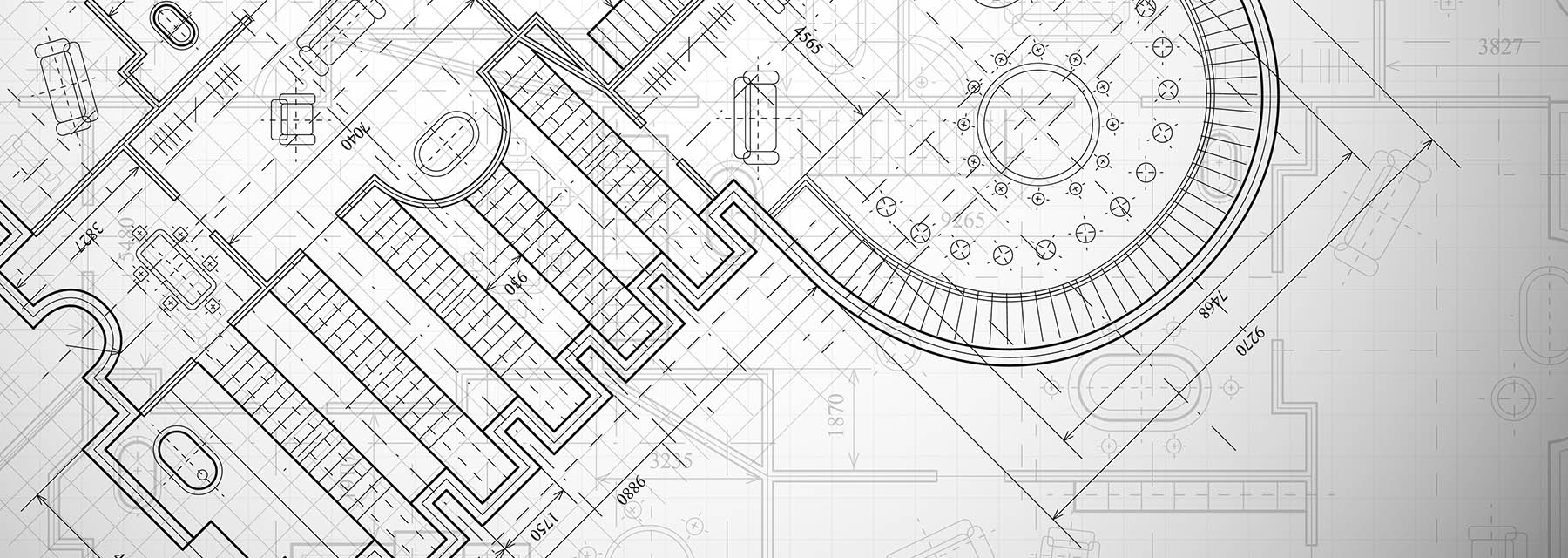This is a solution for covering concrete floors with self-leveling transparent epoxy resin.

Epoxy is a term that's come to represent a class of materials based on a combination of resins and hardeners. Epoxy flooring is stain and chemical resistant, while offering you a great look at an outstanding value. The thickness of the floor varies between 1mm and 7mm.

Technical Details:
Here are a few of our most popular epoxy and industrial flooring systems: mineral coating and polymer coating. The first high-build, seamless system is made with cement and a mix of different fillers then troweled into place. This system is also effective in to level the floors consisting of mortal cement because of its high-build process and can take up irregularities up to 80mm.
Polymer floor coatings works on biotechnology to chemically bond components to create chemical compounds that provide different levels of moisture and bacterial resistance. For this type of floor different materials can be used: polyurethane, acrylic, epoxy or polyester. The choice of materials depends on the intended use of the room with a polymer floor.

Epoxy floor coating advantages:
Epoxy floors are fast and easy to install. They are normally applied to provide a high performance, smooth and durable surface that can last many years and withstand mechanical damage. Resin floors are perfect for industrial buildings. Coatings made of polyurethane have a better adhesion. After hardening, the coating becomes elastic, which makes this floor feel more pleasant when you step on it. It is durable and is also resistant to vibrations.
It provides a chemically resistant surface ideal for manufacturing plants. The floors made of polyurethane are often applied in industrial installations and residential areas. Acrylic floors are resistant to various chemicals. They are plastic and elastic enough to create a shiny high gloss surface. Resists oil stains, beads water, and wipes super clean and will create a seamless surface. Ideal for private houses and industrial applications.
